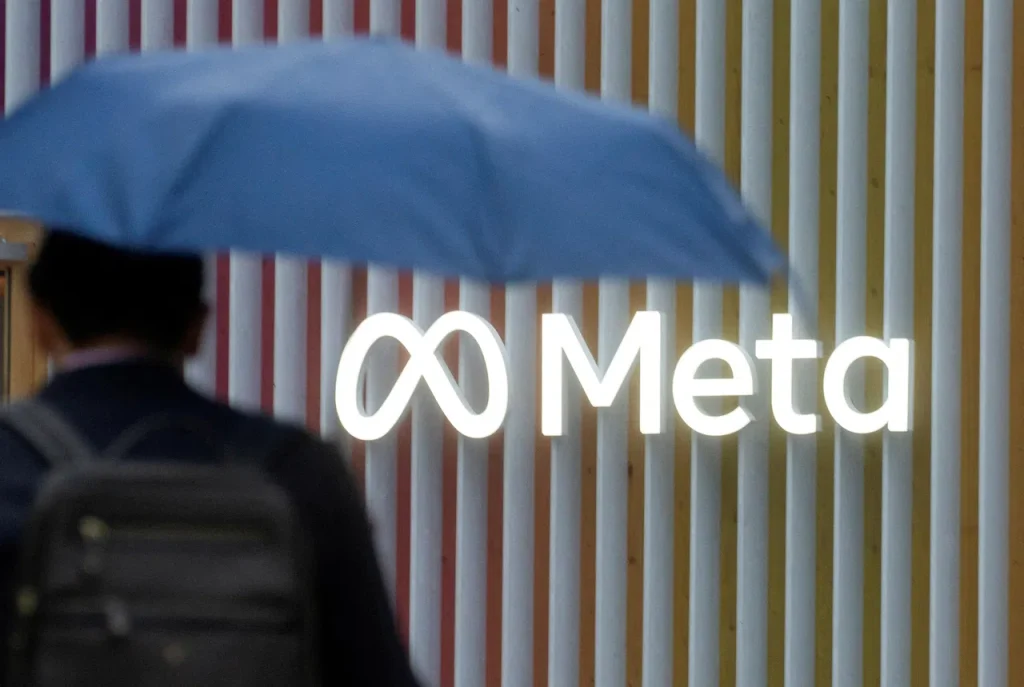[SAN FRANCISCO] Tech giant Meta on Wednesday (Apr 30) reported quarterly profits that were well above expectations, brushing aside market worries that its heavy investments in cloud computing and artificial intelligence (AI) would hamper growth.
The company reported a US$16.6 billion profit in the first three months of the year on revenue of US$42.3 billion, with business spending on ads remaining strong.
Shares in the social media giant – which owns Facebook, Instagram and WhatsApp – rose more than four per cent in after-market trades.
“We have had a strong start to an important year, our community continues to grow and our business is performing very well,” said Meta chief executive Mark Zuckerberg.
“We are making good progress on AI glasses and Meta AI, which now has almost one billion monthly actives.”
Meta this week unveiled its first standalone AI assistant app, challenging ChatGPT by giving users a direct path to its generative AI models.
BT in your inbox

Start and end each day with the latest news stories and analyses delivered straight to your inbox.
Zuckerberg said in an Instagram video post that the app “is designed to be your personal AI” and could be primarily accessed through voice conversations, with the interactions personalised to the individual user.
Meta is putting AI to work throughout its platforms, from creating and targeting ads to recommending content for users, according to Zuckerberg.
Defending the family
The solid performance comes as Meta defends its group of apps in a US antitrust case that could end with the tech firm ordered to spin off messaging service WhatsApp and photo sharing platform Instagram.
Some 3.43 billion people use apps in the Meta family every day, according to the company.
Zuckerberg has denied in court that his company bought Instagram and WhatsApp to neutralise competitive threats, as alleged by the Federal Trade Commission.
The earnings also come in the wake of significant shifts in Meta’s content policies that are apparently intended to endear the company to US President Donald Trump, including the termination of its US fact-checking operation on Facebook.
“Meta robust earnings show that the company’s advertising business remained healthy in Q1, proof that the controversial ending of its fact-checking programme hasn’t done much to deter advertisers,” said Emarketer analyst Minda Smiley.
“But investors and onlookers alike will be much more concerned with what’s to come in Q2 and beyond, considering the wildly different economic environment the company now operates in because of Trump’s tariffs.”
Analysts are keen to see whether the hefty US tariffs will prompt businesses to cut their online advertising budgets, thereby weakening Meta’s main source of revenue.
Meta’s first-quarter earnings came “before the economic turmoil really kicked in and before the seesaw of the tariffs began”, and China-based advertisers such as Temu and Shein cut ad spending, said Sonata Insights chief analyst Debra Aho Williamson.
“If Meta can continue to improve its AI-driven ad performance and targeting tools, it will be able to withstand any shortfall in revenue from China advertisers,” Williamson said.
Meta has laid out plans for massive infrastructure investments, with expected capital expenditures of US$64 to US$72 billion for 2025, primarily supporting AI initiatives.
“The pace of progress across the industry and the opportunities ahead for us are staggering,” Zuckerberg said on an earnings call.
“We are accelerating some of our efforts to bring capacity online more quickly this year, as well as some longer-term projects, and that has increased our planned investment for this year.”
While Meta’s stock has performed strongly, the company faces both regulatory challenges and emerging competition.
The rise of Chinese startup DeepSeek’s more economical AI model has reportedly prompted Meta to establish war rooms to study and potentially adapt the innovations for its own Llama AI models. AFP


